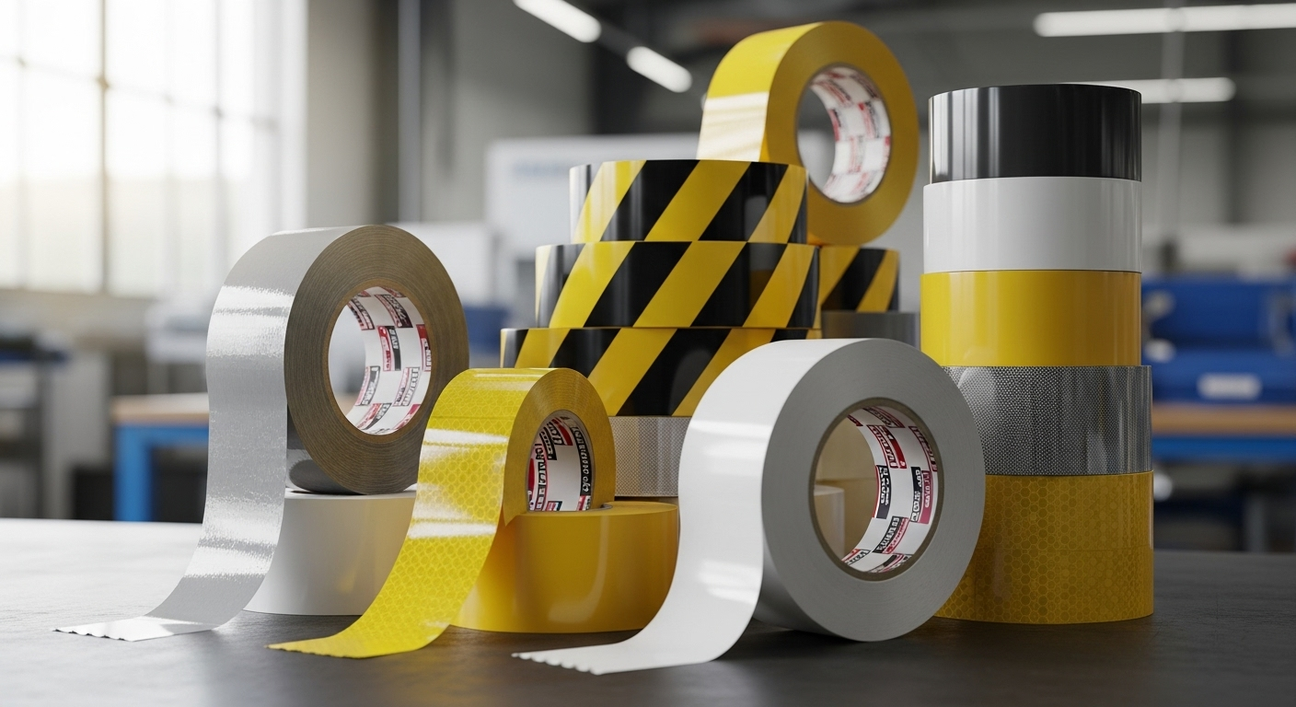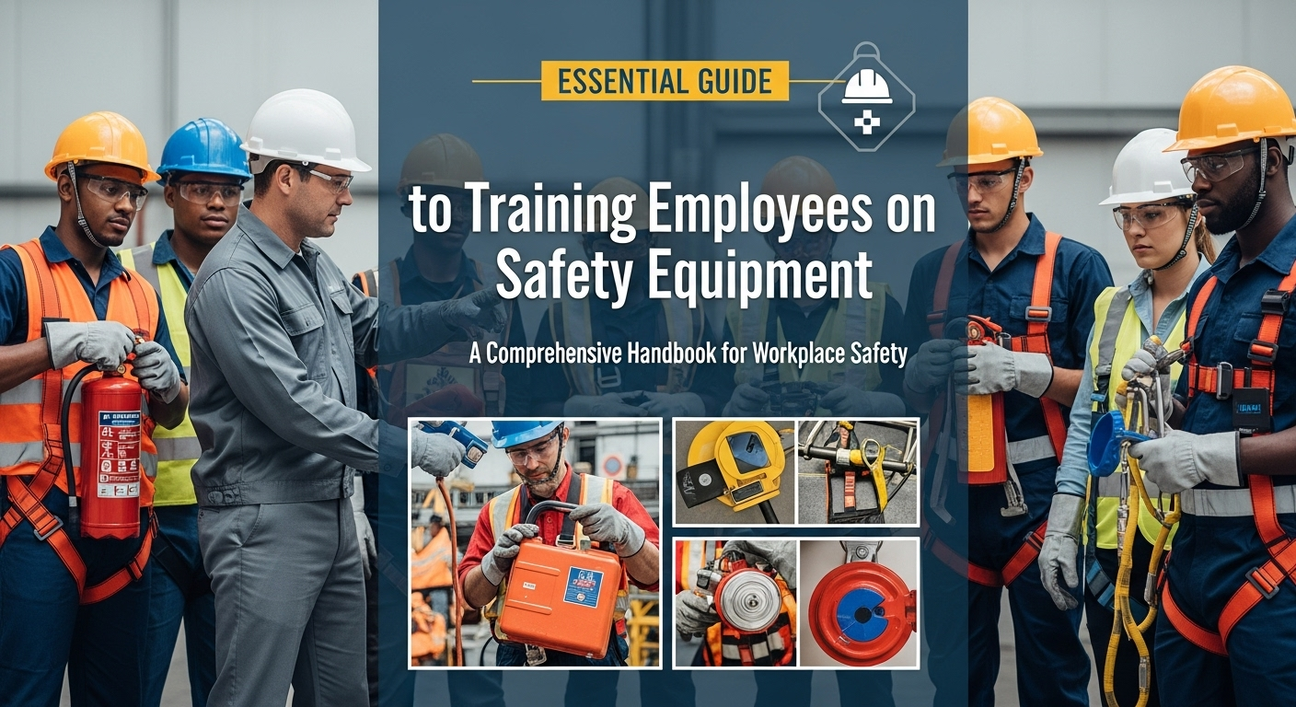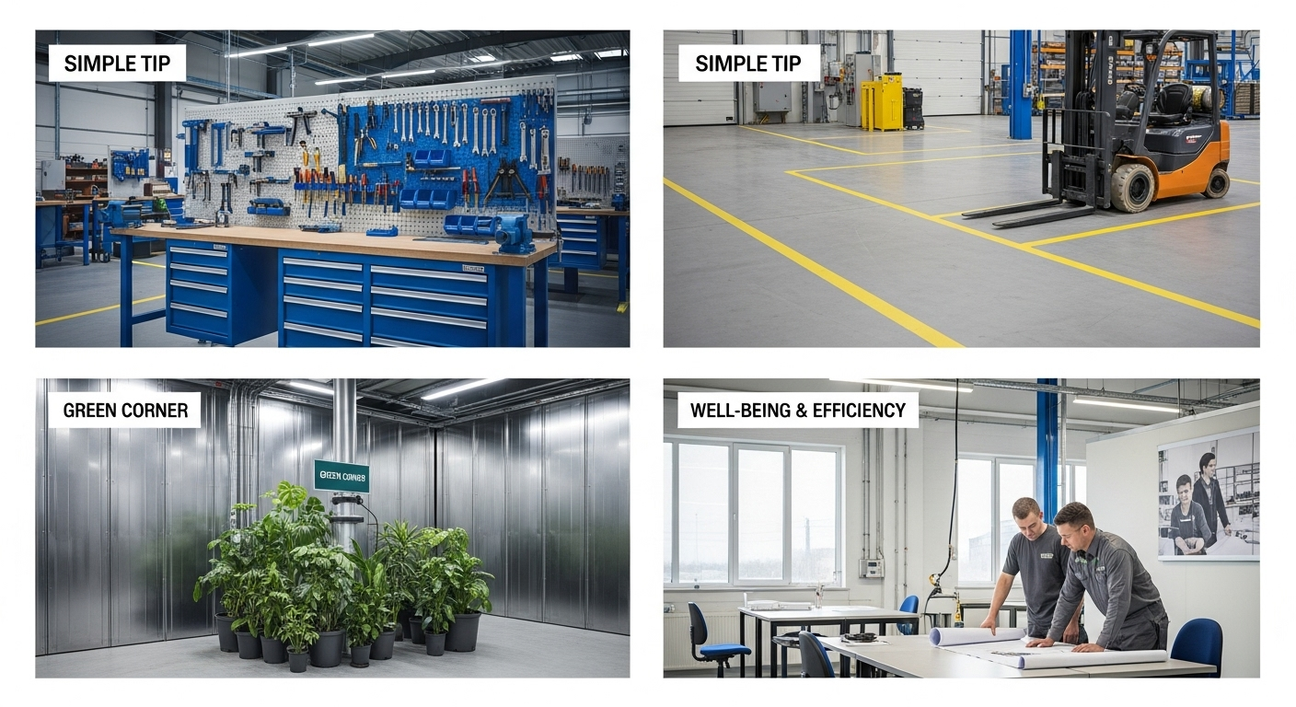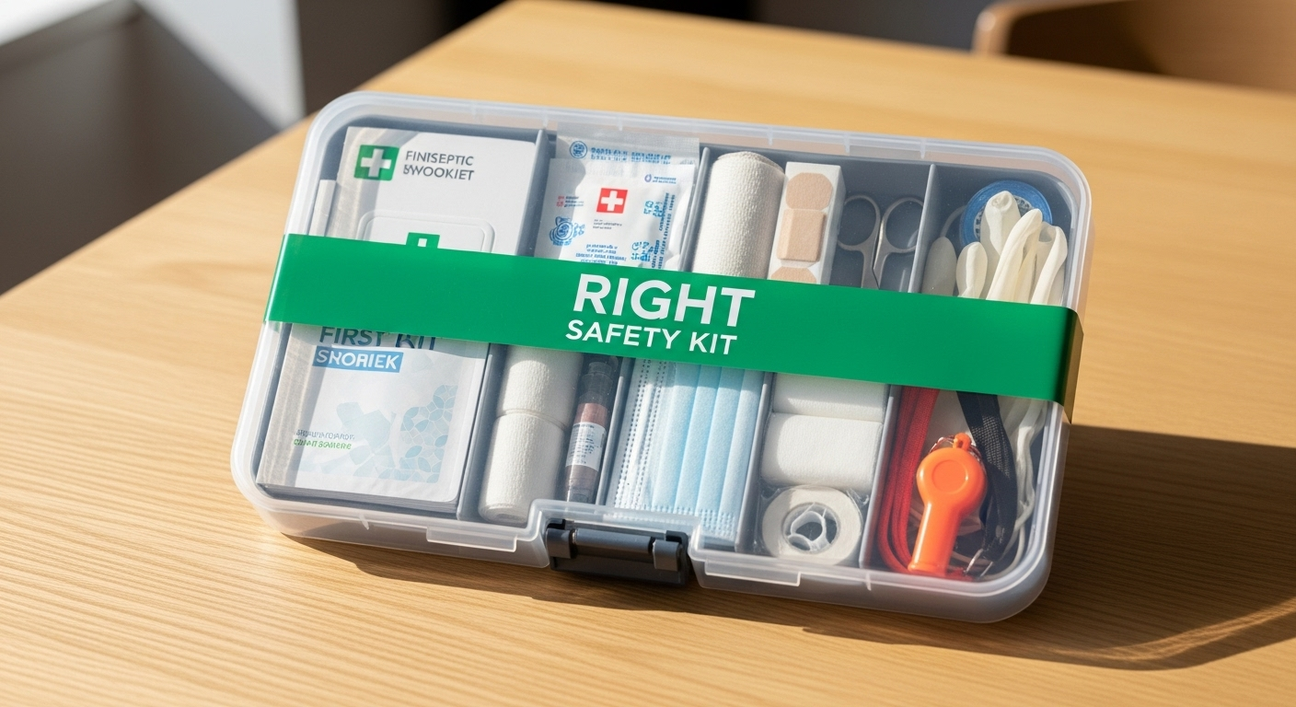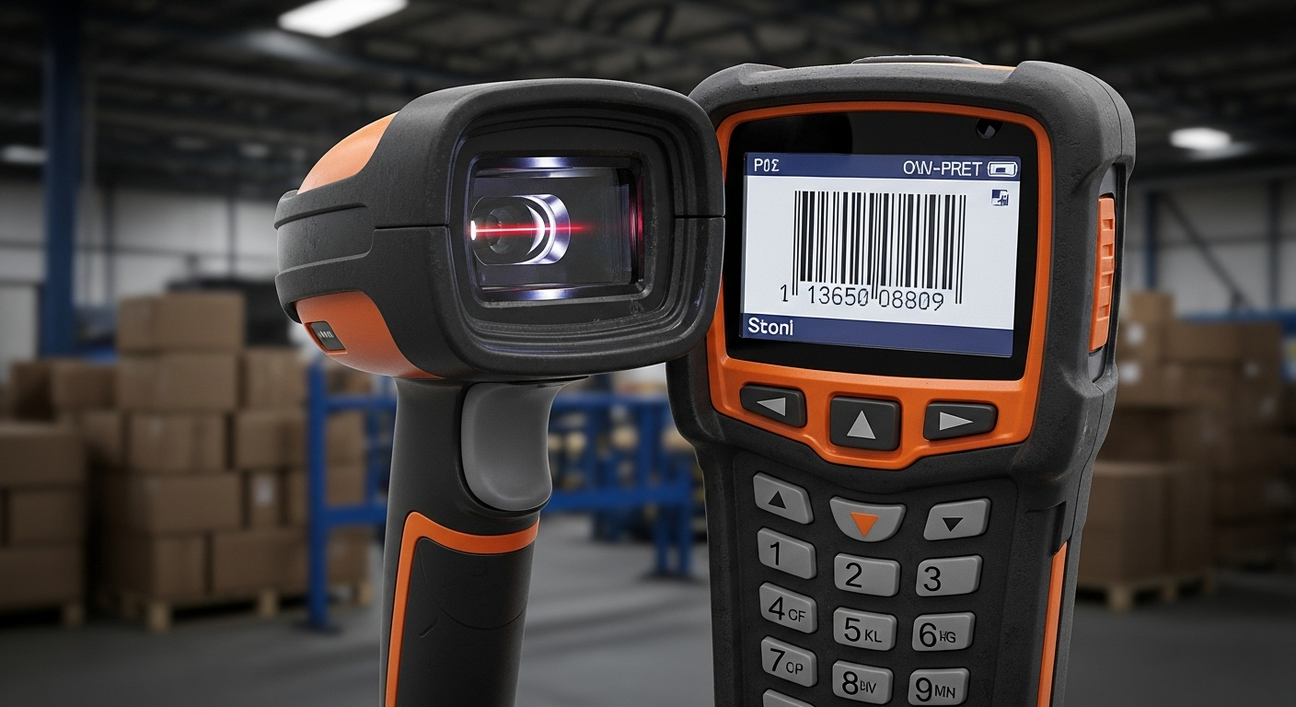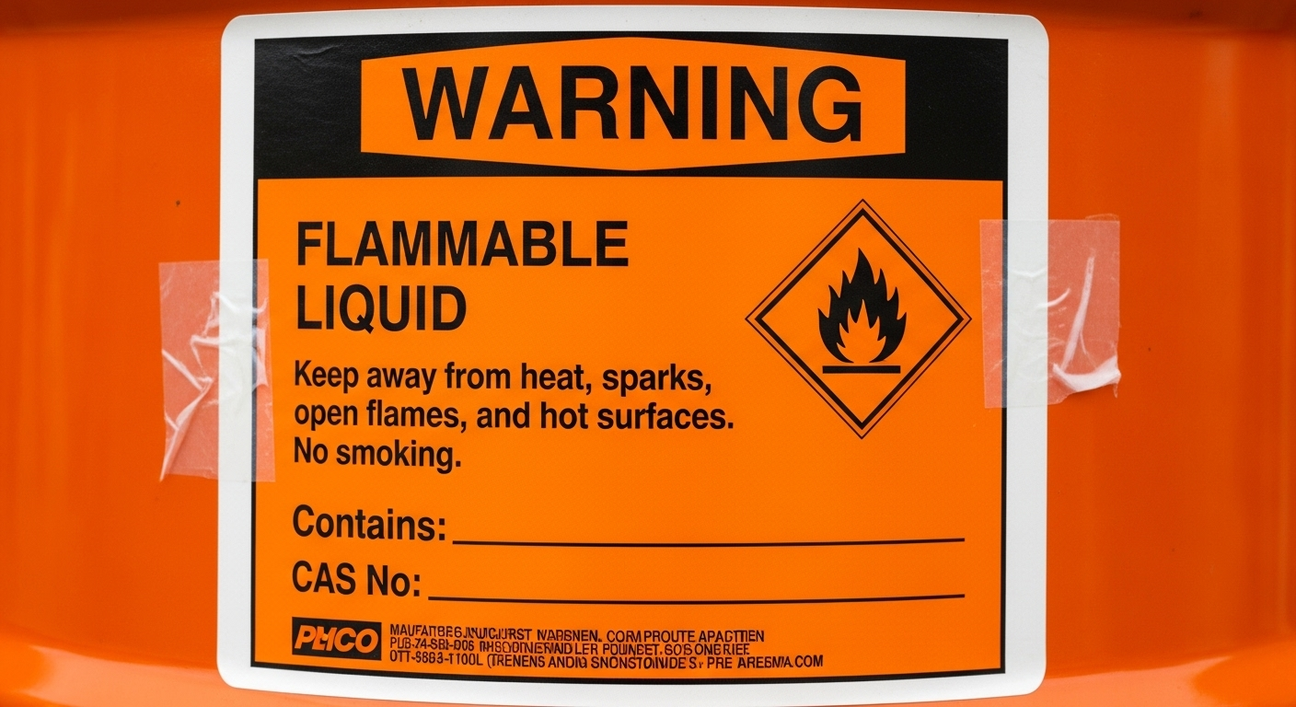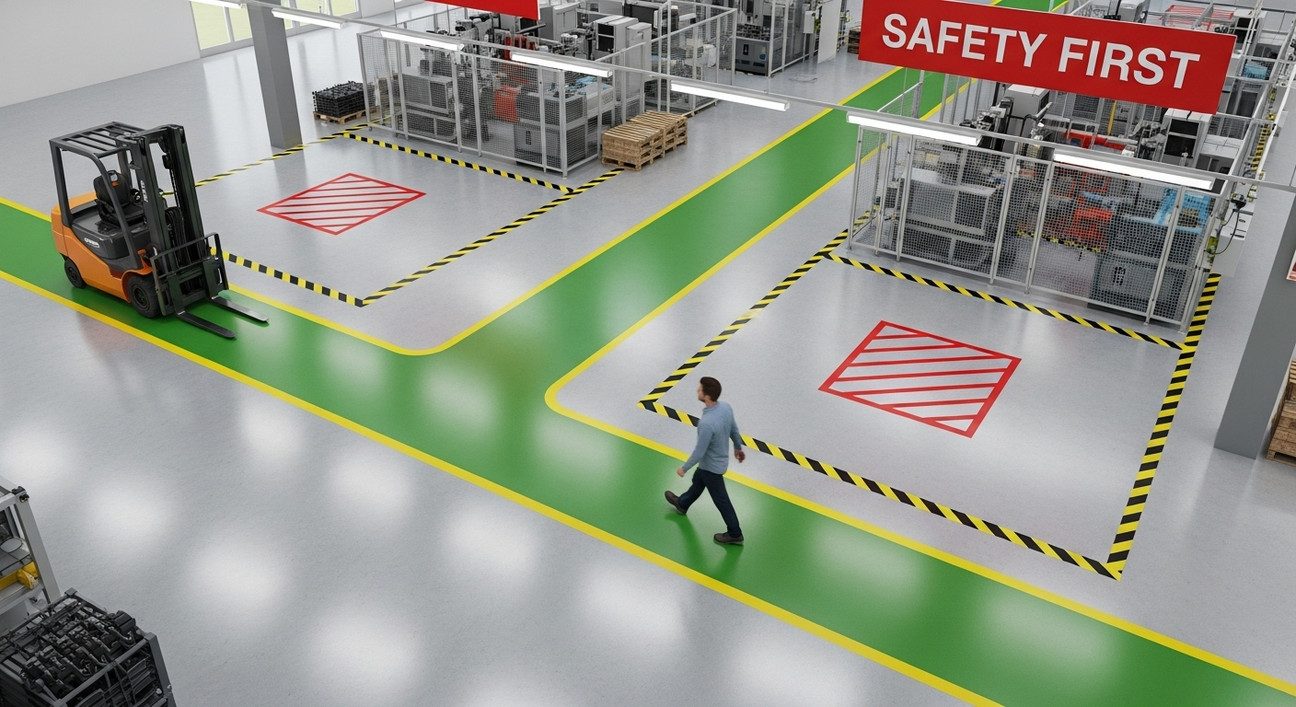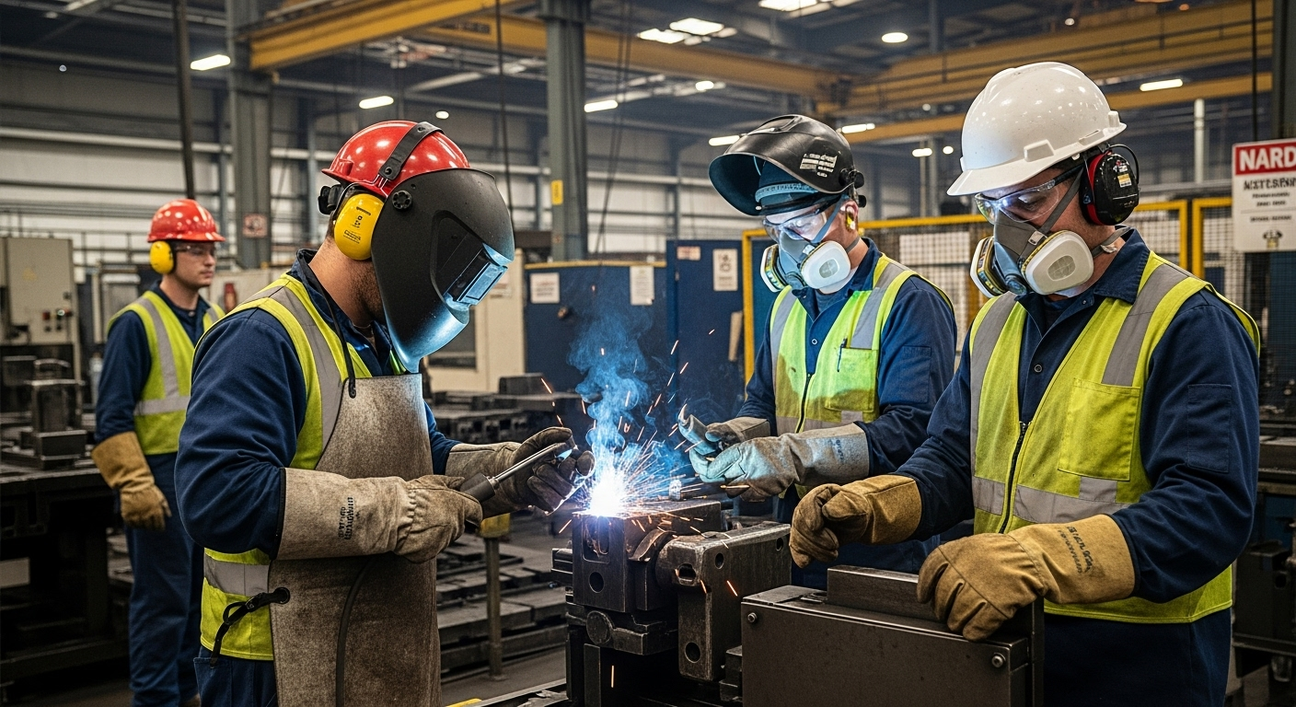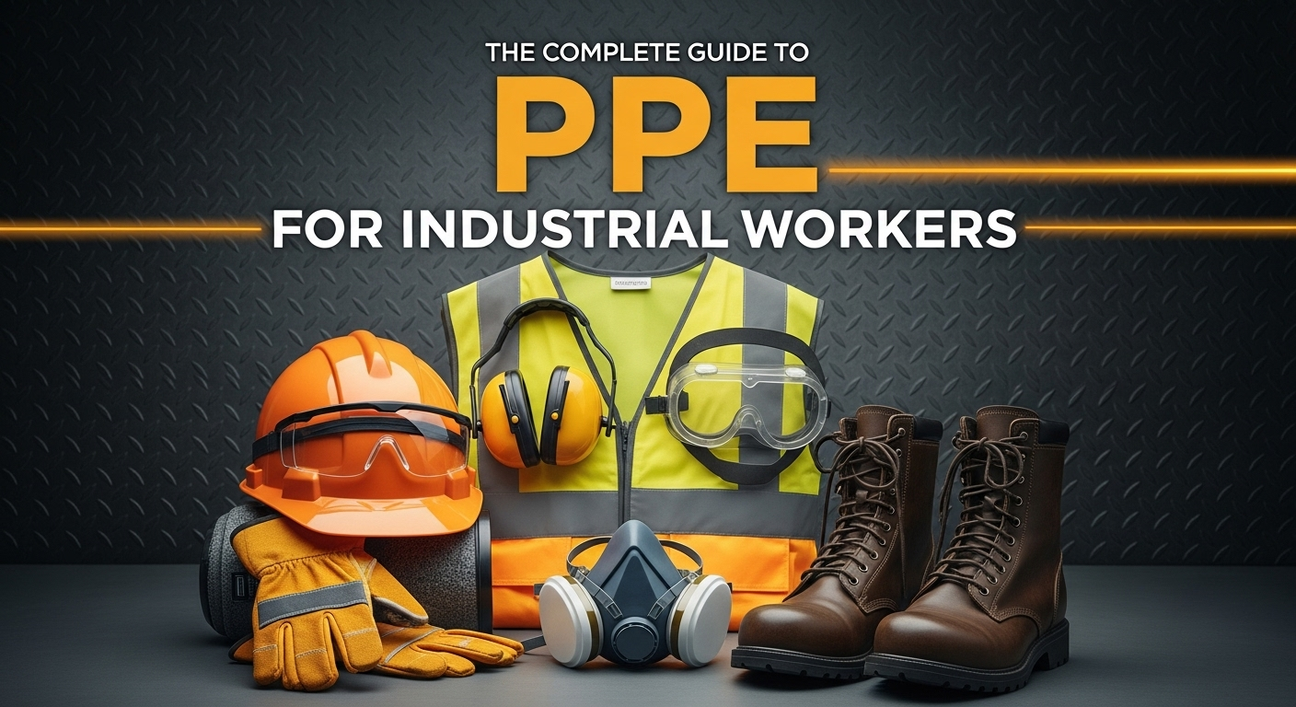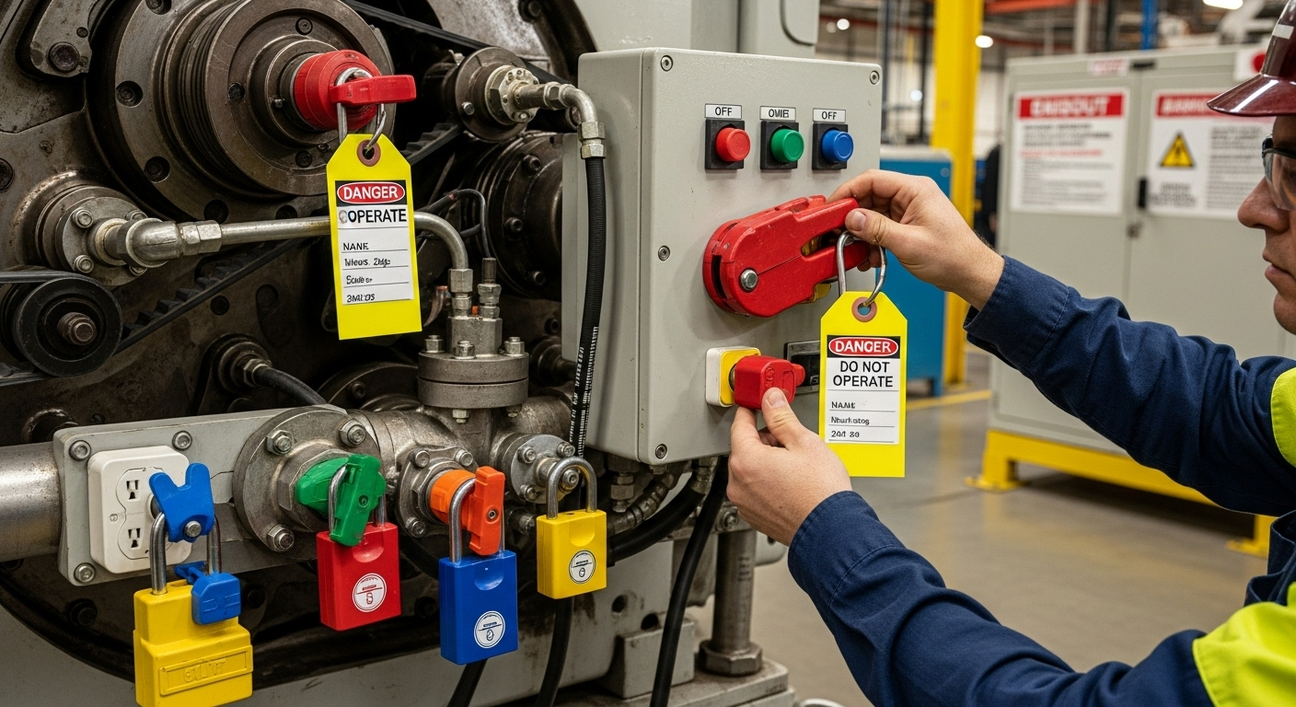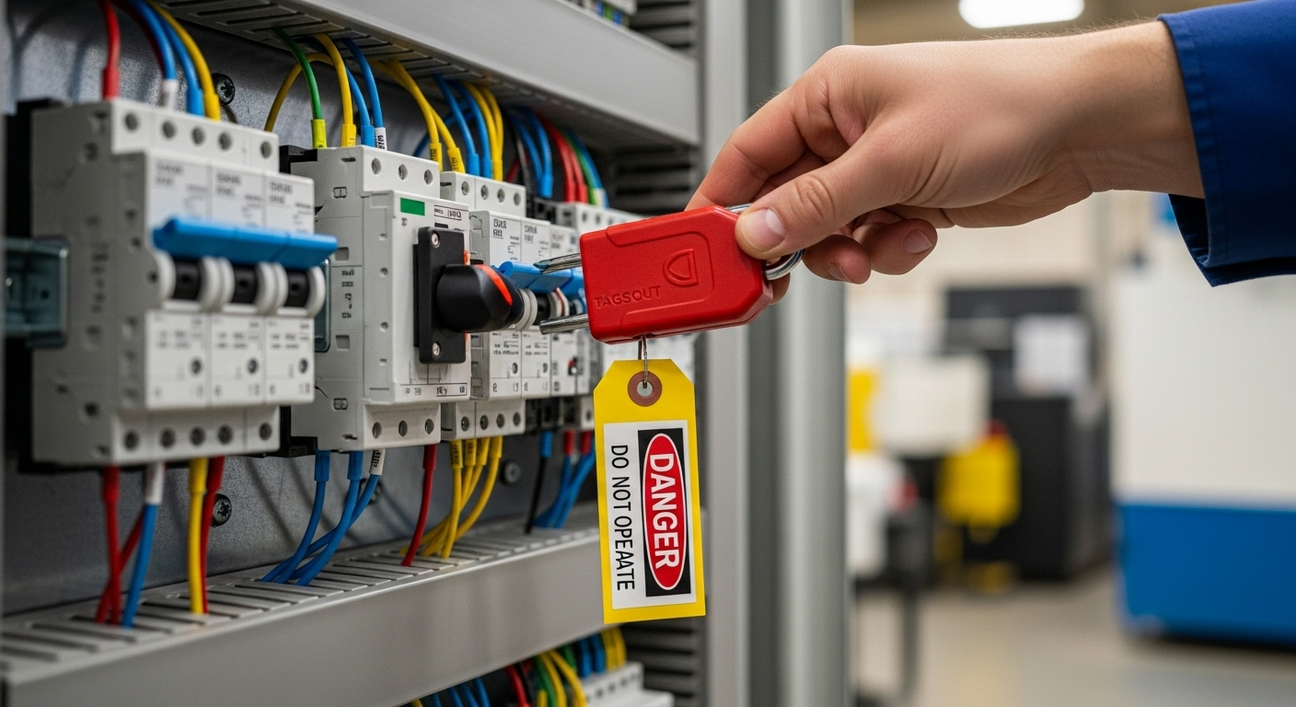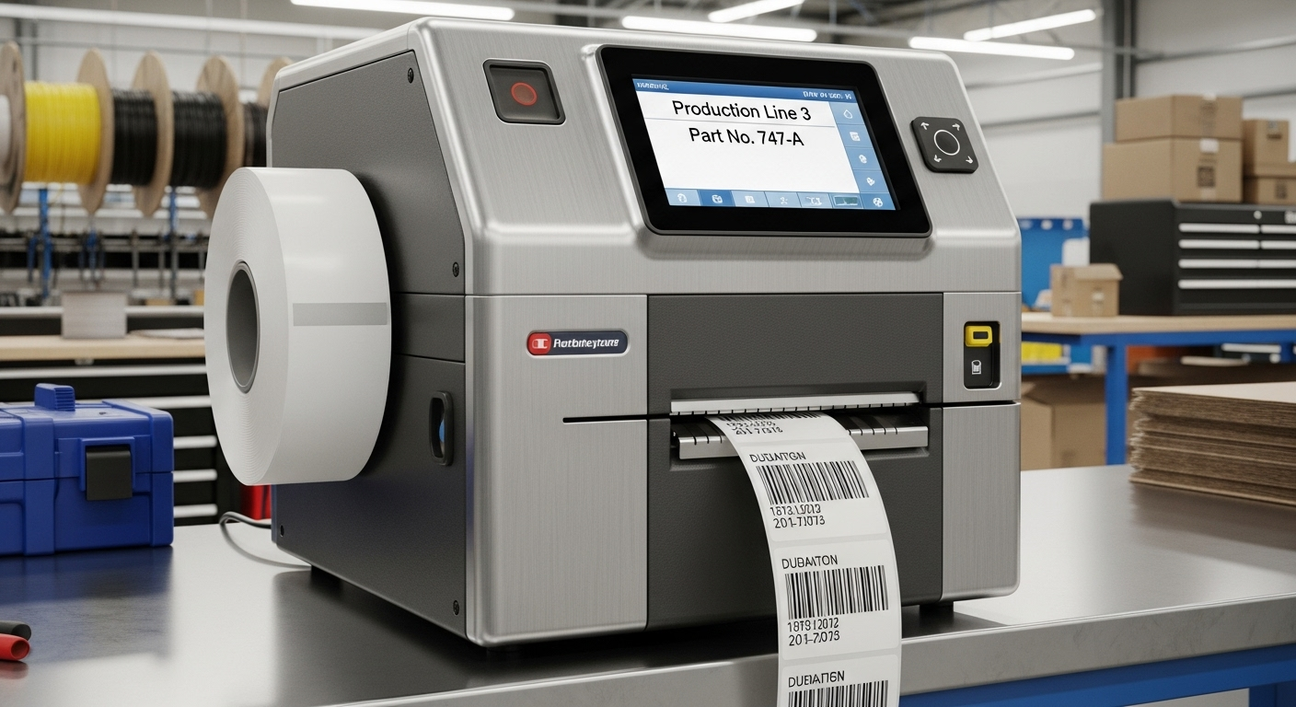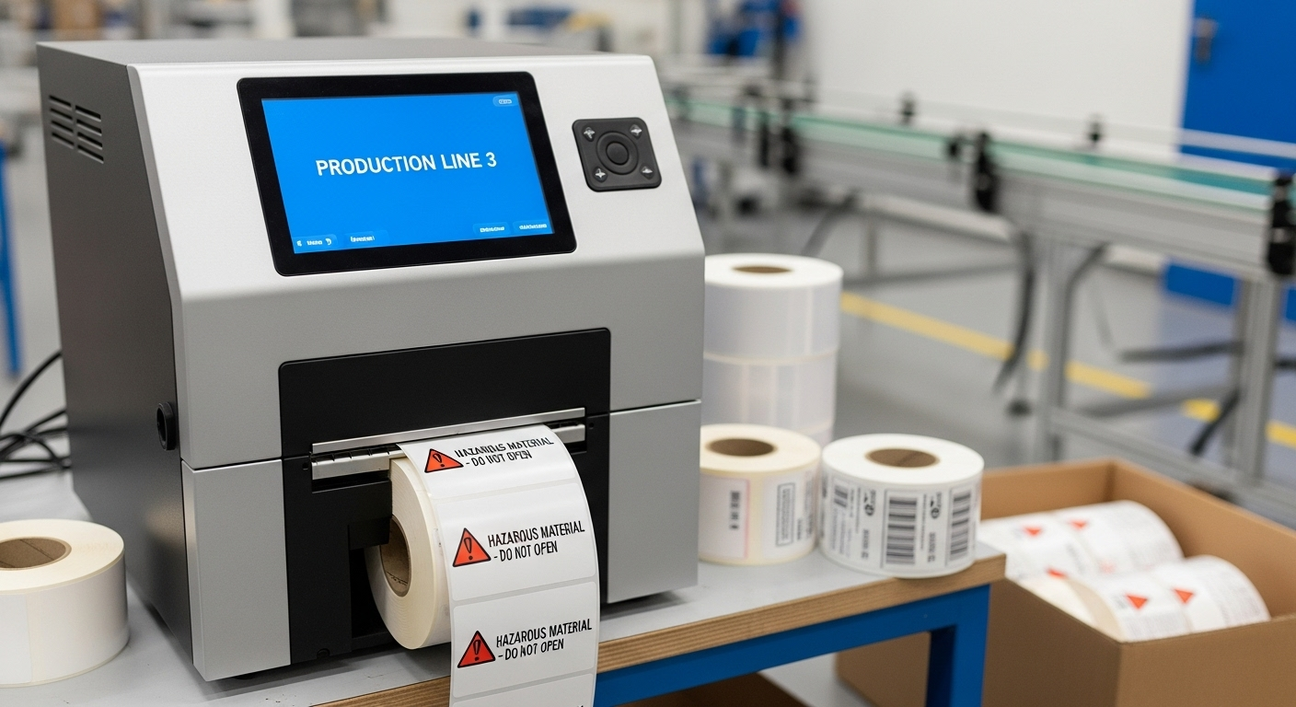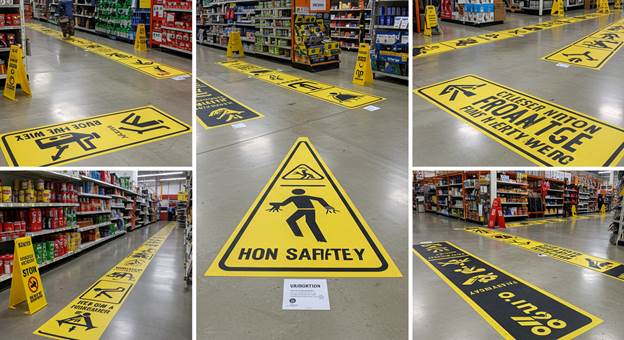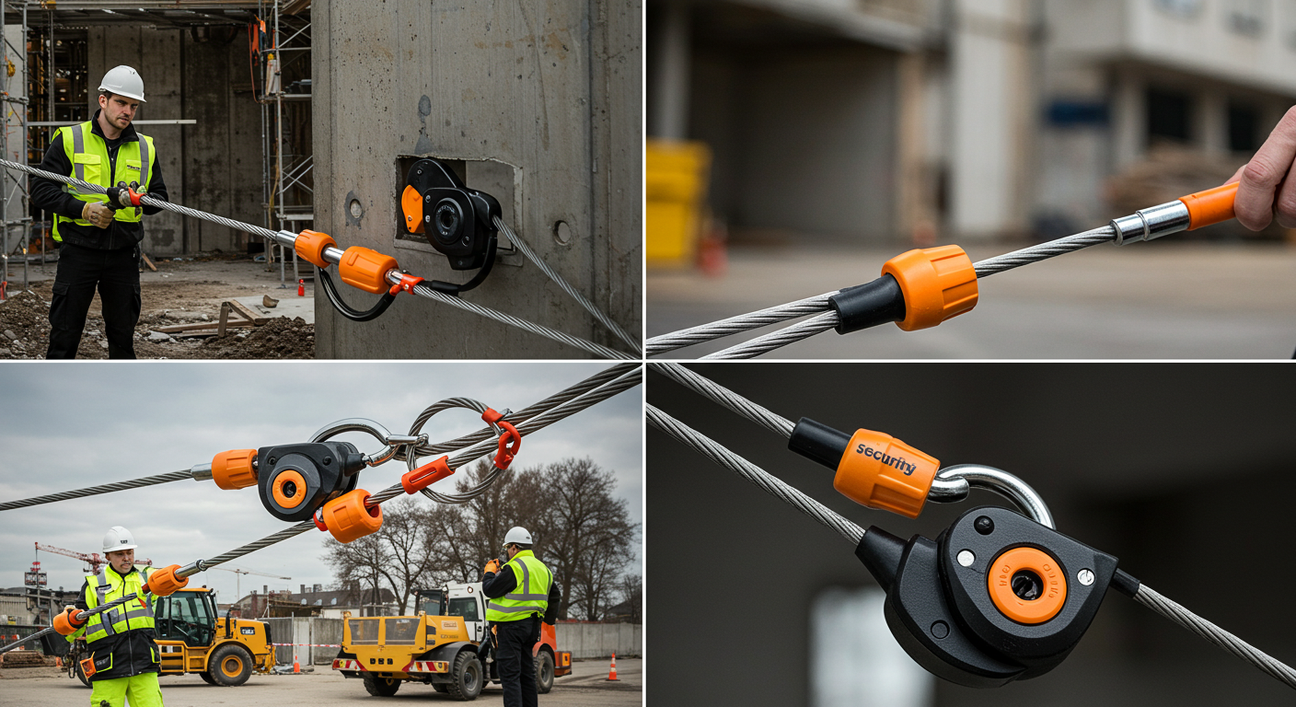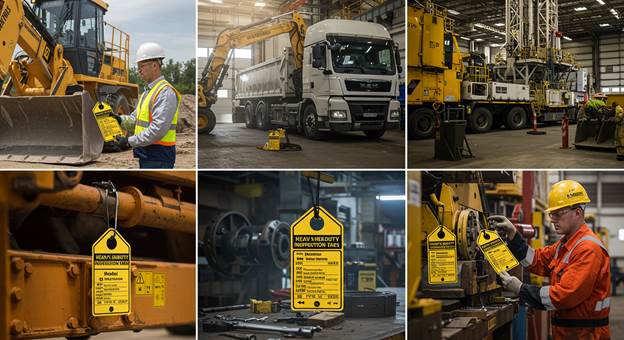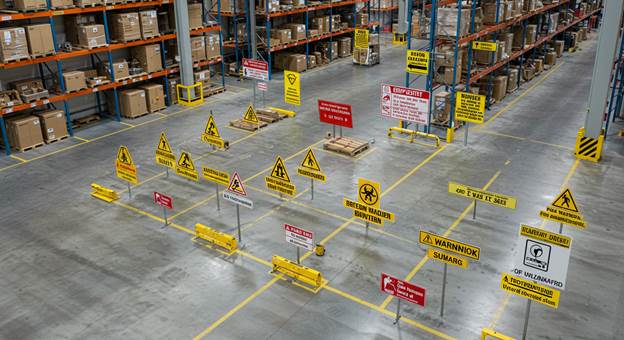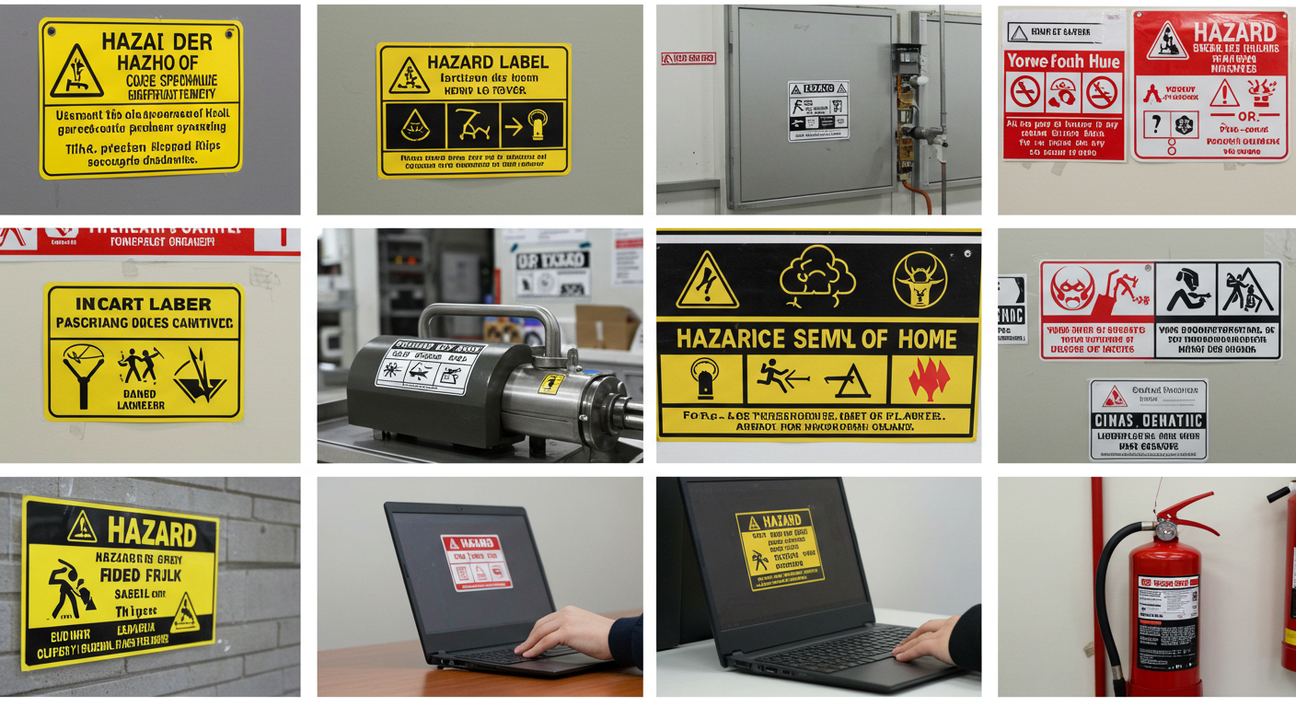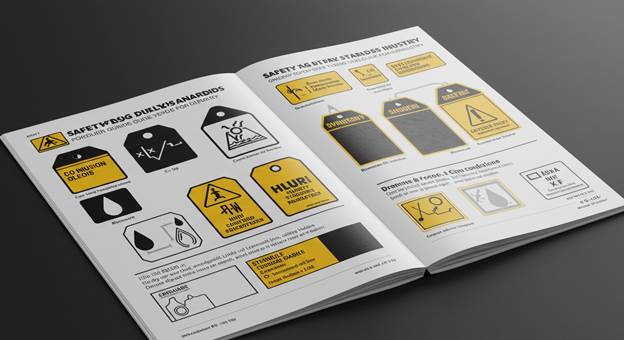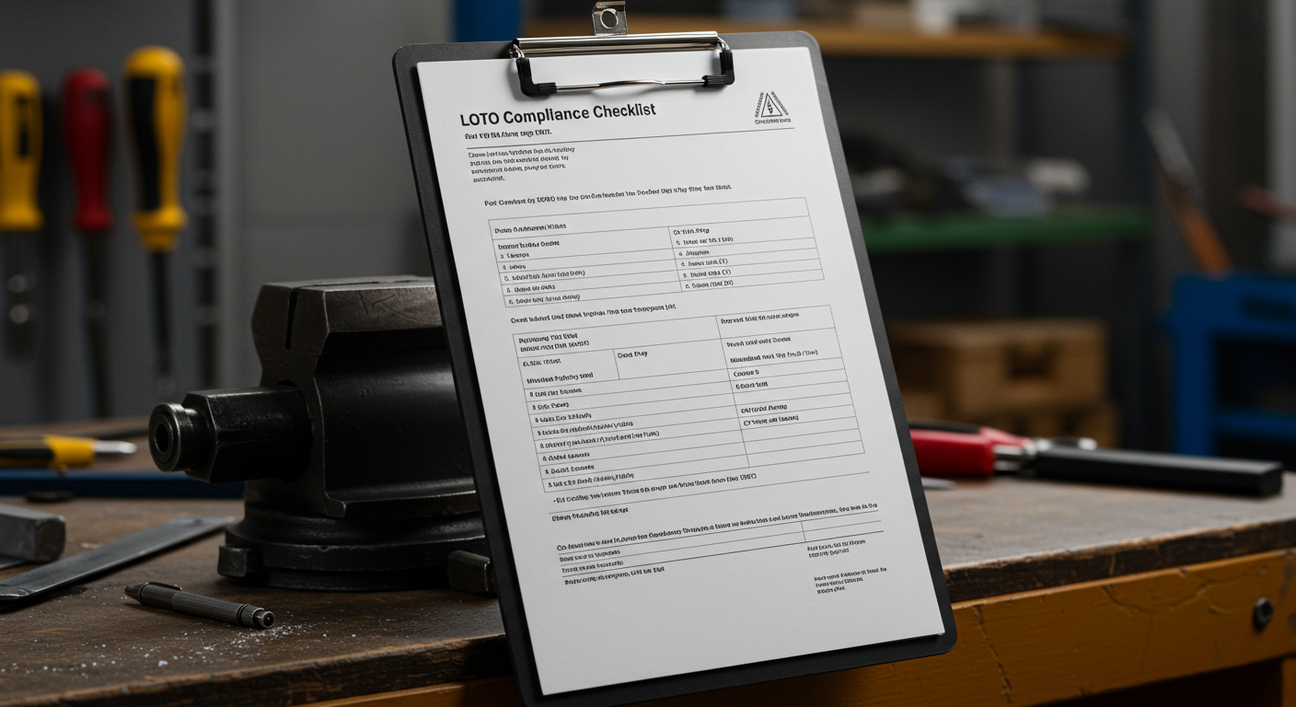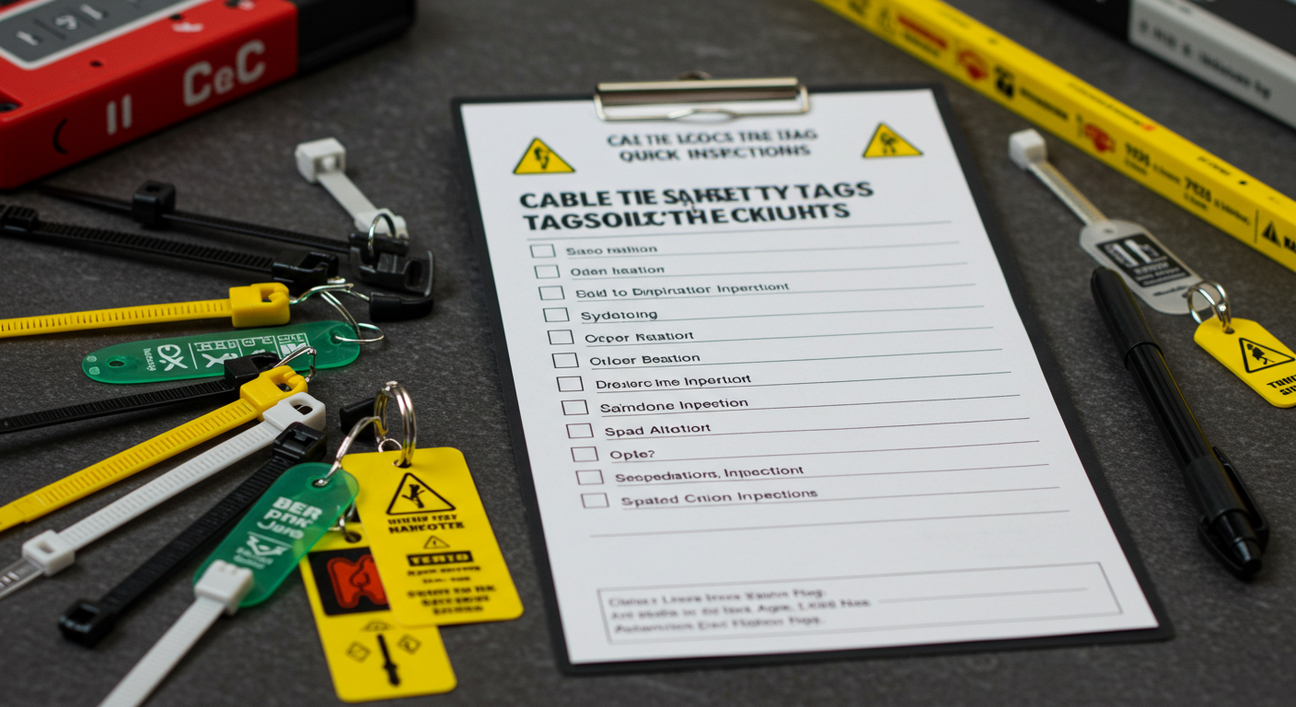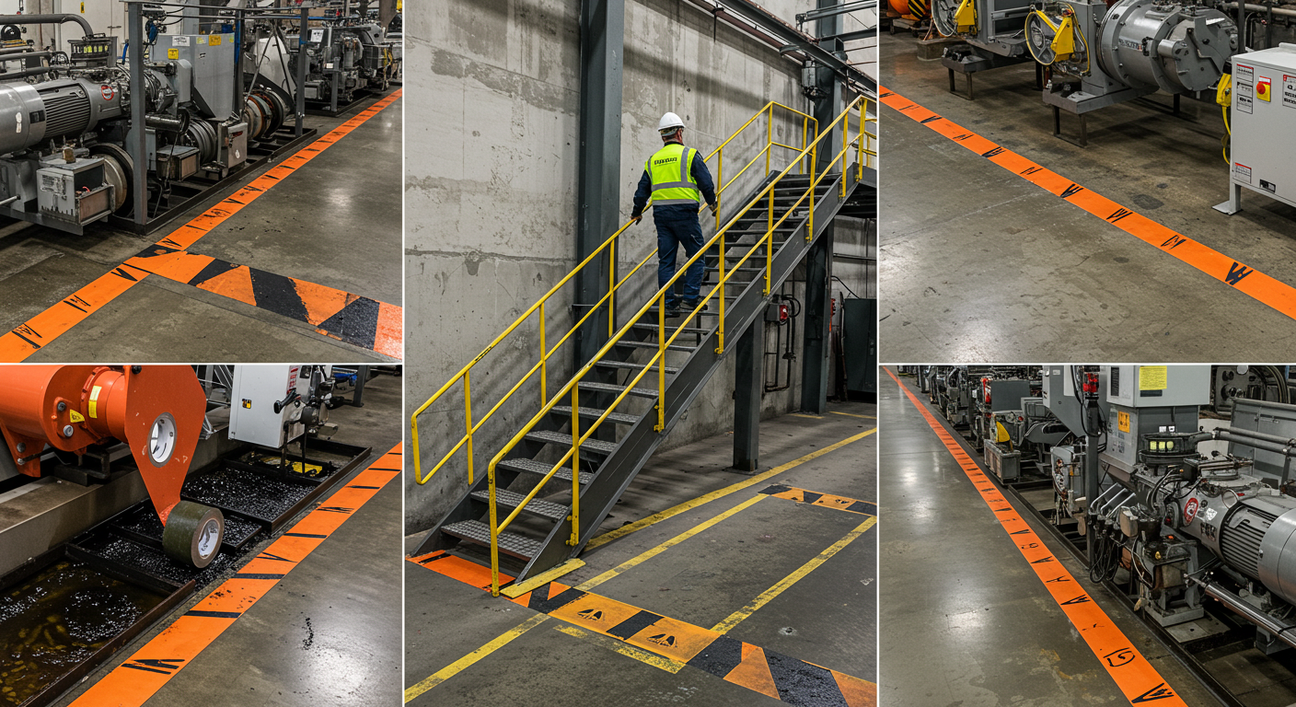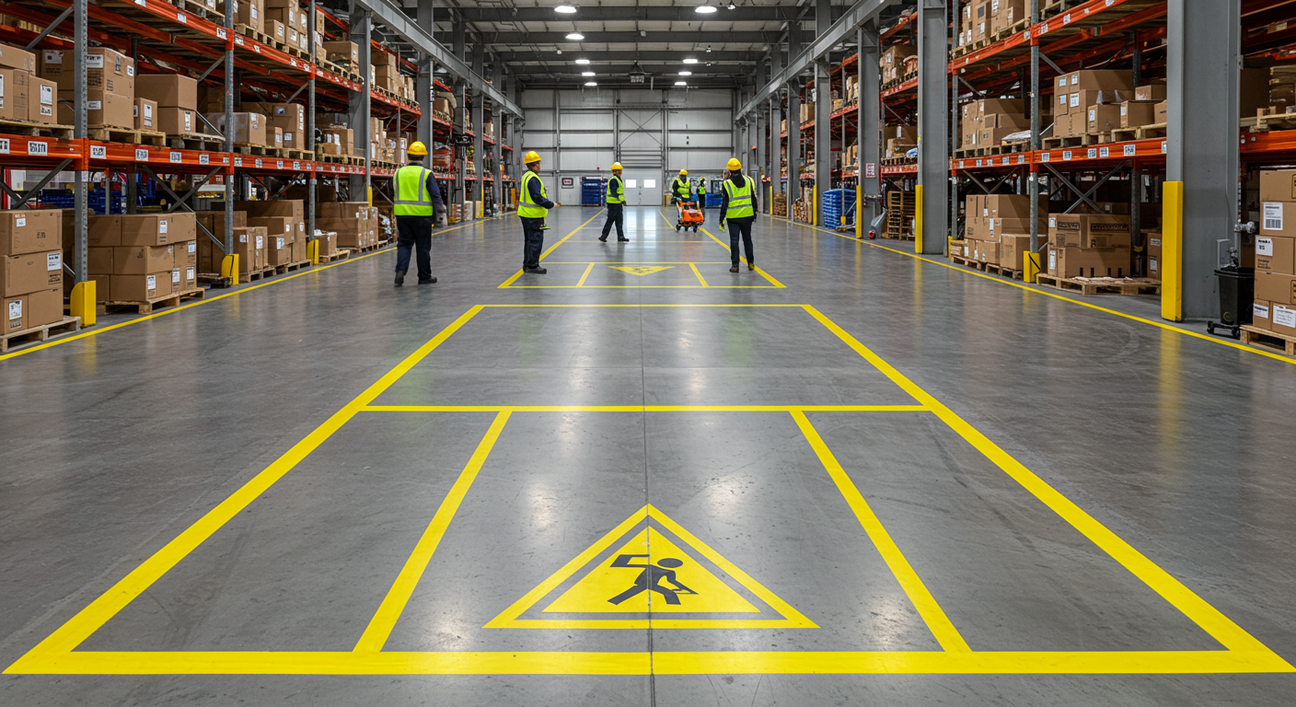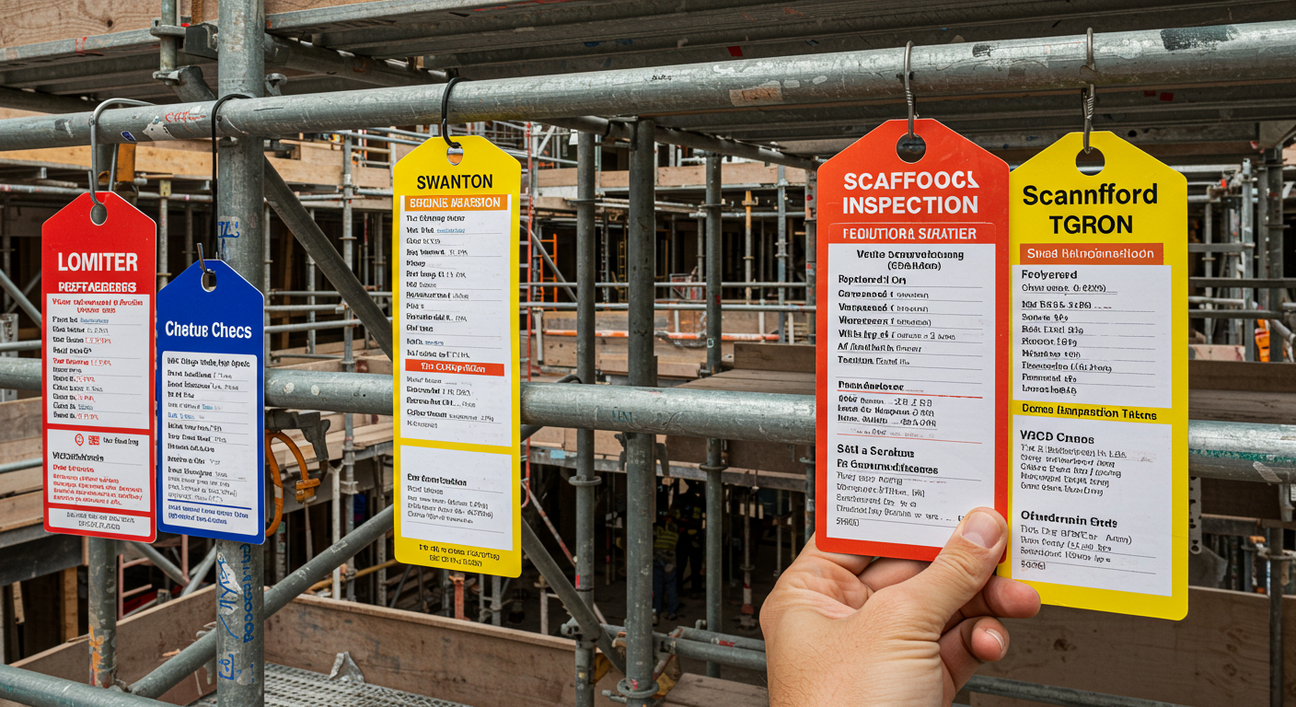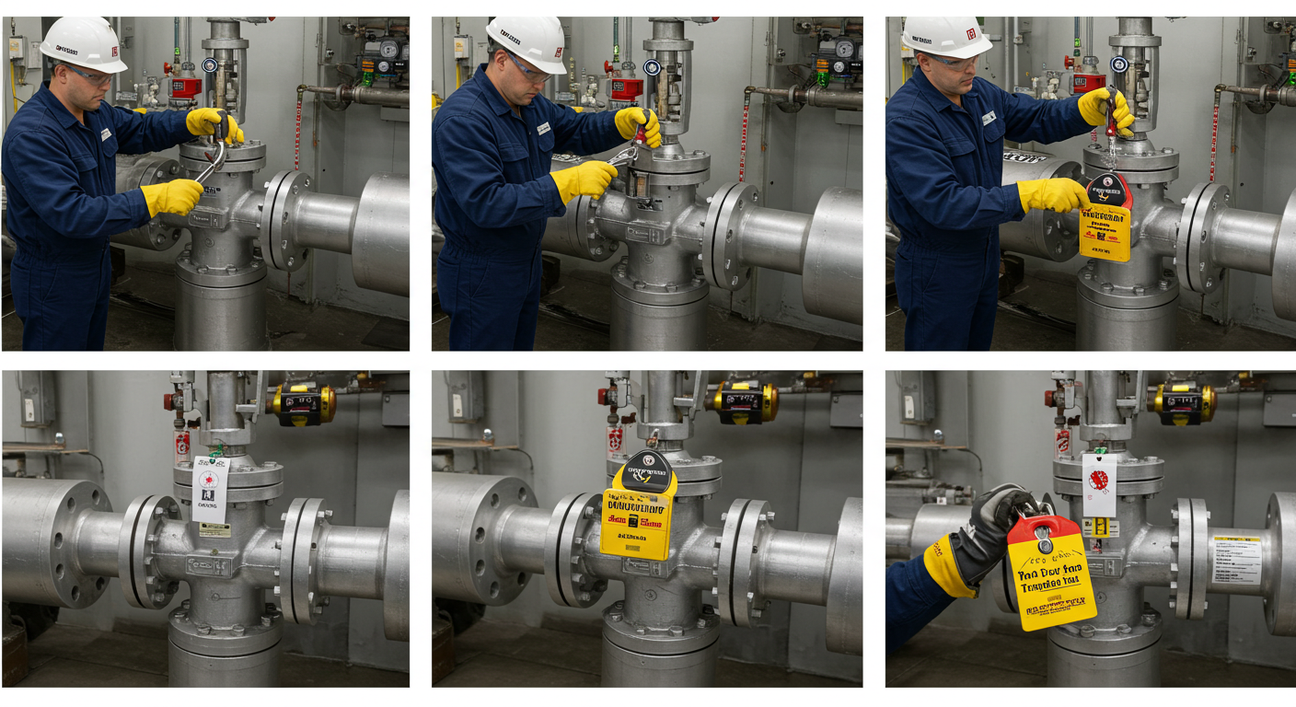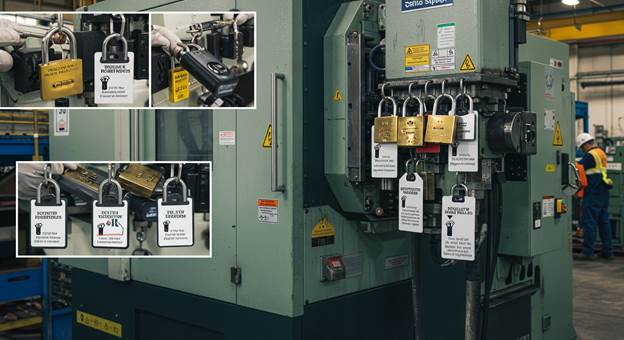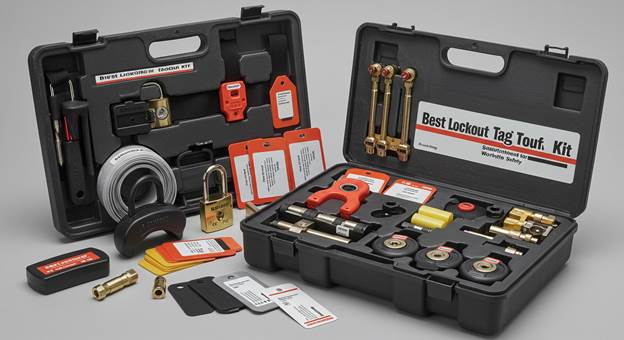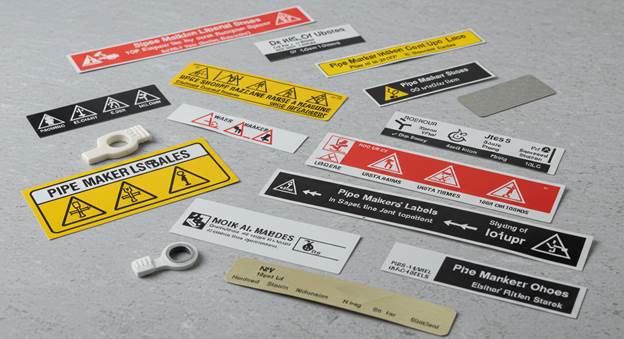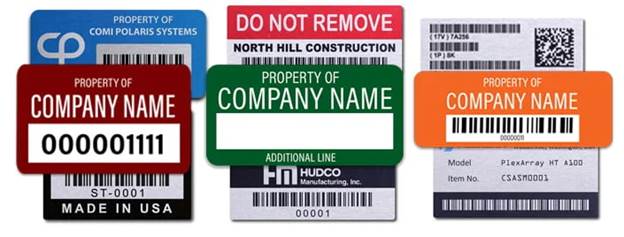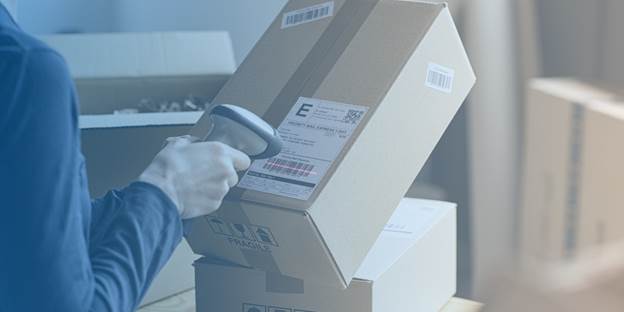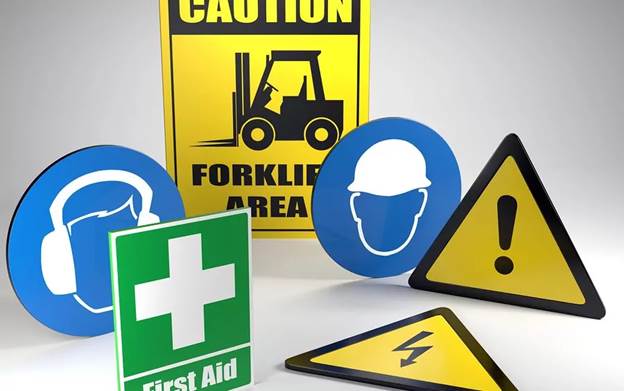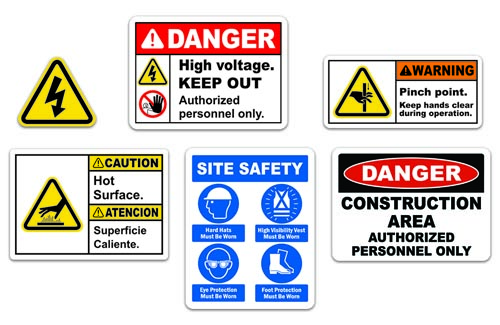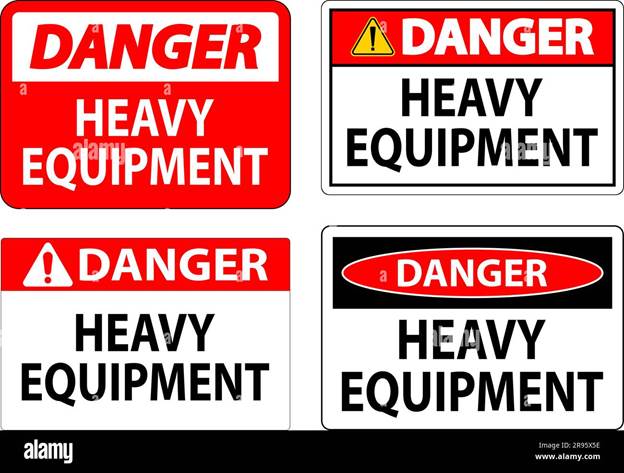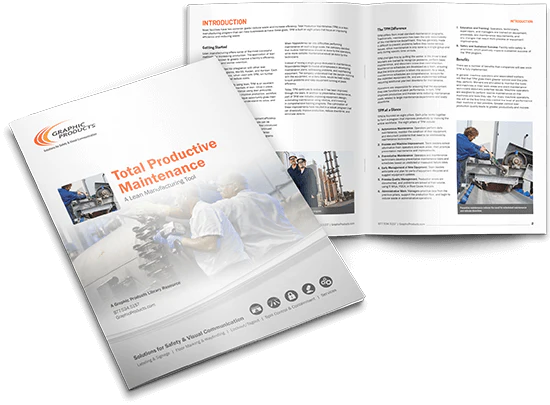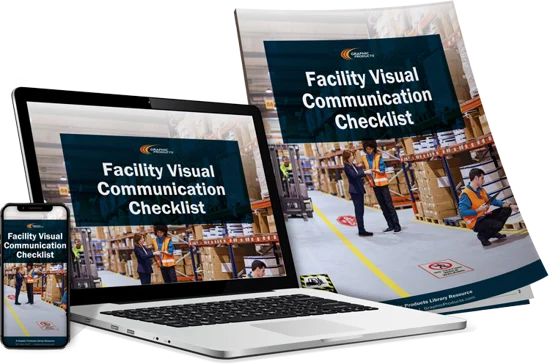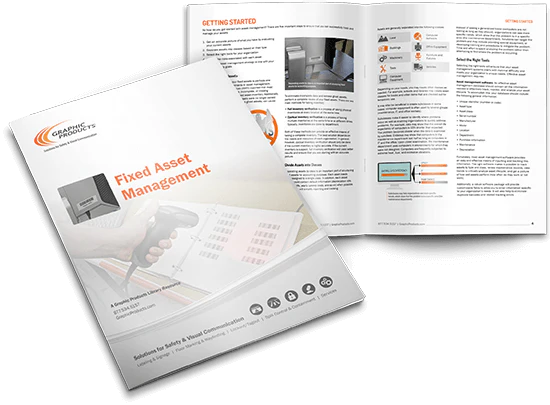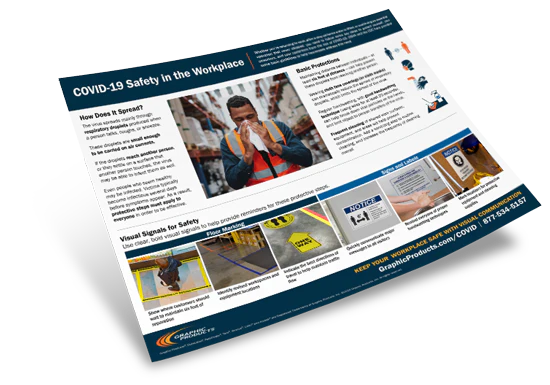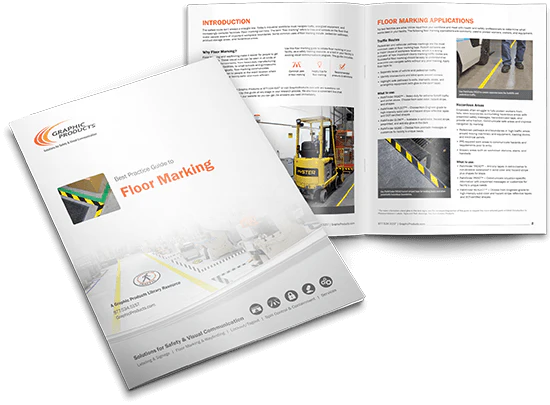Kaizen Benefits
What Are the Business Benefits of Kaizen?
Every employee, in every area, actively looks for things that can be improved. Over time, the small changes lead to major benefits in efficiency, safety, as well as employee and customer satisfaction. The Kaizen methodology can provide these benefits to nearly any industry, from manufacturing to healthcare. Improvements don’t stop once a solution is realized. Instead, each process is fine-tuned as employees continue to look for areas that can improve. These benefits span throughout the entire business.
Reducing Waste
Reducing waste is one of the key aspects of Kaizen and often the easiest to start with. Waste can take many forms, including time, resources, and revenue. A hospital in Washington, for instance, significantly reduced ER preparation time by acting on a single suggestion. A worker noticed that each room had tools and supplies set up differently. The worker suggested a common way to organize each room, using color-coding and labelling: breathing supplies were green, gauze was blue, and IV supplies were red. Staff no longer wasted time looking for supplies and were able to prep the ER for patients quickly and efficiently.
This is part 3 in our Kaizen educational series for businesses:
-
What is Kaizen?
-
Kaizen Events, Explained
-
Benefits of Kaizen
-
Getting Started with Kaizen
-
Motivate workers & become a more effective leader with Kaizen (Get our Kaizen Guide)
(Source: Imai, M. (2012). Gemba Kaizen, Kindle edition)
Simplifying Work Processes
Kaizen also benefits companies by eliminating overly difficult work. Making work easier helps to reduce potential mistakes and increase efficiency. A Sony plant in Indiana identified several processes that were overly complicated. Station operators identified several solutions to make work easier, such as eliminating the need to reach by re-configuring workstation height, and redesigning the packaging machine so that it required less physical effort to operate. These changes, among others, nearly halved production time by eliminating difficult tasks.
A more efficient and easier process can be enjoyed by companies outside manufacturing as well. In an Environmental Protection Agency (EPA) case study, Kaizen was used to improve the purchasing process. The original process had twenty-seven steps which made the process overly difficult. The purchasing group worked together and reduced the number of steps to sixteen. The group also created a visual inventory system, using labels and barcodes to simplify the ordering process. Ninety days after the changes were made, purchasing errors were reduced by 50%, reducing the effort spent fixing errors.
(Source: https://www.epa.gov/lean/lean-government-resources)
Using the right labels and signs can help Kaizen succeed by making workflow more efficient and increasing safety. Workers can more easily adapt to changes in workflow and avoid hazards when there is clear visual communication in the workplace.
Improving Safety
In addition to reducing injuries and the related costs, a safer workplace makes employees feel more comfortable when working. An excellent example of Kaizen improving safety is in hospitals. Health care-associated infections (HAIs) are a significant risk in hospitals. In an effort to reduce the number of HAIs, a hospital asked its employees to focus on changes that would reduce infection rates. Several suggestions were brought forward and quickly implemented. To start, cultures were taken from patients when they arrived for surgeries and again when they left. This change identified infections that were present when patients arrived, so they could be treated right away. It also identified patients who developed infections in the hospital, also allowing for quick treatment.
Next, glove stations and alcohol dispensers were placed right next to entryways, with signs to remind workers to use them immediately upon entering a room. These changes helped to reduce the overall number of HAIs, creating a safer environment. They also helped to reduce the cost associated with HAIs, saving a substantial amount of money. Overall, the staff was relieved to know that they were doing everything possible to keep their patients safe.
Improving Employee and Customer Satisfaction
Businesses that practice Kaizen gain additional benefits, including employee and customer satisfaction. By involving employees in making changes, workers gain confidence and are happier. In Gemba Kaizen, the author provides an excellent example of a business where employees are more content and customers are happier. Each day, the owner holds a 30-minute class that engages the entire company in addressing and solving problems. This has created an open environment where problems are immediately addressed and solved by the employees.
Problems are not just solved in-house. For example, if a customer needs a specific technology to solve its problems, the company will work with the customer to develop the new technology. The company and its customers solve problems together—resulting in many shared patents between the company and its customers. The open problem-solving practice has created a workplace culture where employees have pride in their work, and customers trust that their needs are always a priority.
Will Your Business Benefit from Kaizen?
Adopting Kaizen has many benefits that improve productively, safety, and the satisfaction of both employees and customers. Each of these, in turn, helps reduce costs and increase profit without large, capital-intensive improvement projects.
Do you want to learn more about how Kaizen can help your business? Our in-depth Guide on Kaizen showcases how to solve problems, reduce costs, and increase productivity. Get your free copy below!



